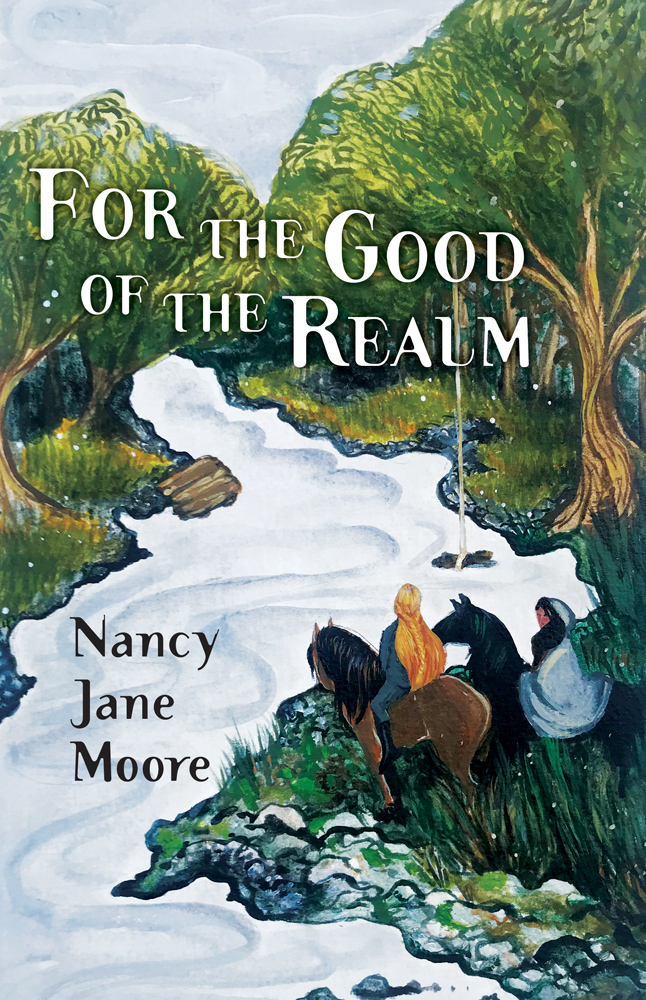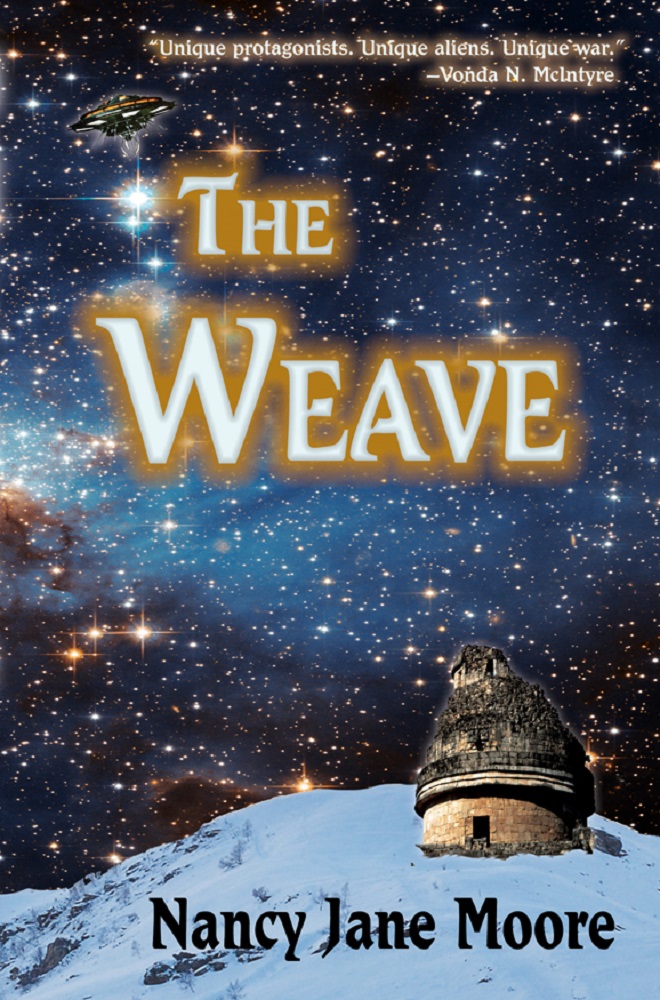When Deborah J. Ross interviewed me for her blog, one of her questions made me reflect on myself as a writer. She asked, “[H]ow does your work differ from others in your genre?”
I reflected a bit, and came to this realization: “My stories sound like my stories, regardless of what subset of the genre they fit in.”
Then this week, I shared a couple of poems I wrote with my sister, Katrinka Moore, who is a poet. (I don’t consider myself a poet; I’ve just been playing around with poetry to learn new ways of looking at language and shake up my creativity.)
She made this observation: “Your poems are very you – as you speaking – and yet very much poems.”
I think a similar observation could be applied to my essays, maybe even my book reviews. What I write sounds like something I would write or say. The only significant writing I’ve done that doesn’t sound like me on some core level is probably straightforward journalism. That might also explain why journalism never satisfied my writing urge, even though I found the work interesting and rewarding: It didn’t have anything to do with me.
My stories, my essays, my poems, all of them have everything to do with me. I don’t mean they’re autobiographical; except for a few pieces I call “flash memoir,” most of them aren’t. But there’s something at the core that comes from me and the way I think and look at the world.
The more I think about this, the more I think this explains why I write and why writing the things I do is very important to me.
In replying to Deborah, I used the word “tone” to describe it, but now I think the word “voice” might be even more accurate. Since I’ve never been in an MFA program or otherwise studied the art of writing academically, I’m not always good at figuring out what different labels mean.
I’m an instinctive writer. It’s not that I haven’t learned some basics over the years, like the core rules of grammar or how to say something clearly, but what I did with those basics was to incorporate them into myself so that I tend to apply them using my gut instinct.
As I’ve frequently mentioned, I learned most of what I know about writing by having my mother, a professional editor, edit my papers for school. What I learned from her suggestions taught me more than any English teacher.
(Though I still remember what I gleaned from diagramming sentences in the seventh grade. I internalized a lot about structure from that.)
 Of course, I also learned from reading.
Of course, I also learned from reading.
I’m still doing that kind of learning both directly and indirectly. That’s why I took the poetry class, to take in more information and internalize it.
In writing groups, I often take in information from good critiques of other people’s works, because I get some sense of what is working. I also sometimes very much disagree with a particular critique, to the point where I want to argue with the critiquer and persuade the author not to listen.
In getting critiques on my own work, I generally prefer commentary to line edits (except for things like typos). I listen, I internalize, and I revise the story where the comments make sense to me.
It is not a linear process.
The desire to write from something personal to me explains why I’ve never been particularly interested in doing novelizations of movies or otherwise writing in a world created by someone else. Nor do I want to work on movie scripts or do other kinds of writing that require a lot of collaboration with others.
I’m sure I could learn to do those things, but for me they would be more like journalism and not satisfying beyond the basic pleasure of doing a job well.
That’s why my answer to another of Deborah’s questions – what advice I’d give to aspiring writers – was to figure out what you really want to write. At its core, writing is a skill that can be applied in many directions and there are lots of ways to work as a writer in this world.
The key is finding the kind of writing that makes you feel whole.
Anyway, while my two novels are very different books – The Weave is first contact science fiction while For the Good of the Realm is fantasy with swordswomen and witches – I think a reader can tell they were written by the same person. Feel free to read both and give me your opinion!
